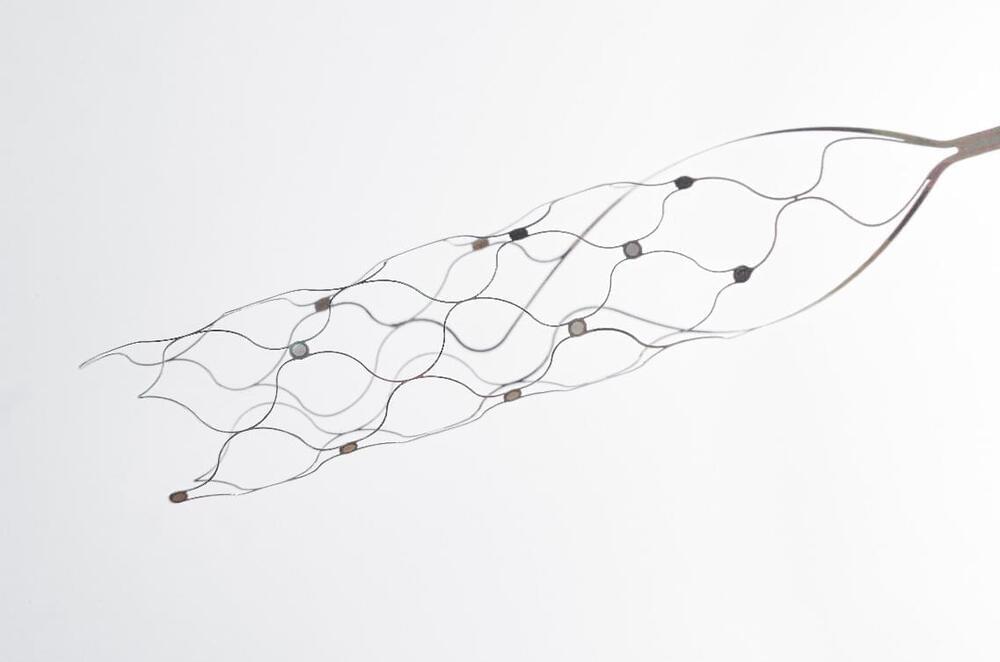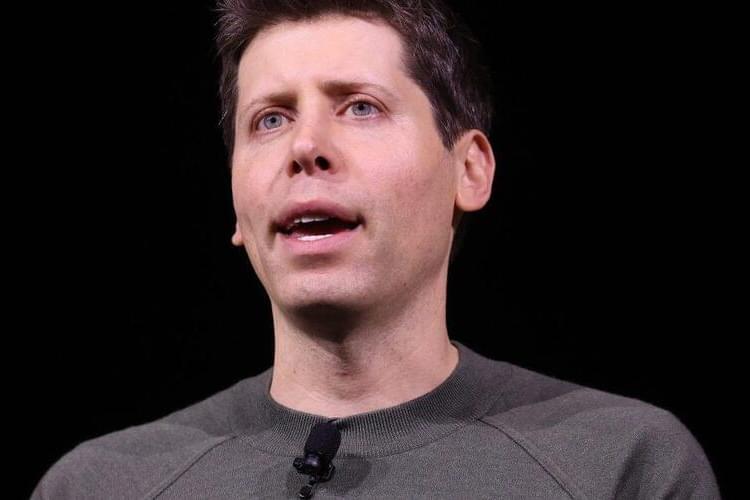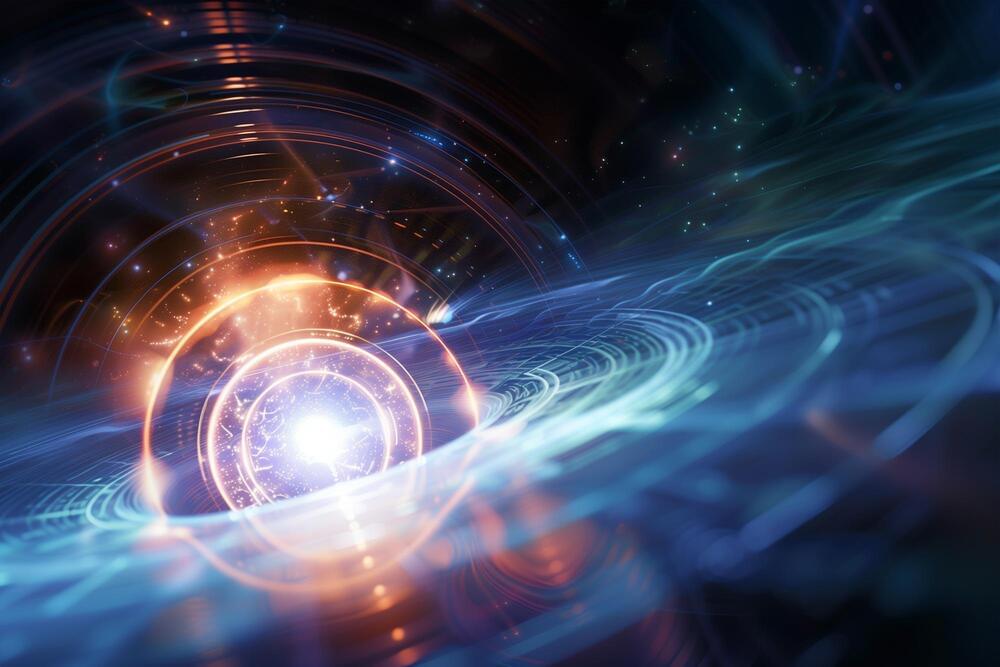People genetically adapted to diving, 13 min. is a record, not average for them, they are exceptional anyway.
Picture yourself holding your breath. How long can you last underwater? A minute? Two? You probably imagined yourself sitting a foot or so beneath the surface of a pool during this exercise, but consider how long you can hold your breath actively swimming as deep below the surface of the ocean as you can go. This would probably look like maybe 30 seconds of swimming down followed by a rush to the surface. The Bajau people of the Philippines, though, according to reports, could quite confidently imagine swimming 200 feet below the ocean surface for up to 13 minutes.
These abilities aren’t merely the result of dedicated training. The Bajau people have lived their lives at sea for generations, so much so that they’ve developed special adaptations to their oceanic lifestyle.








